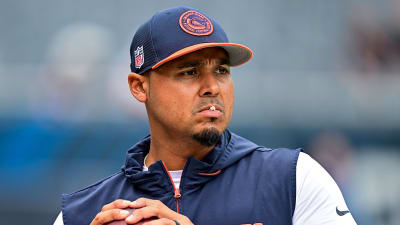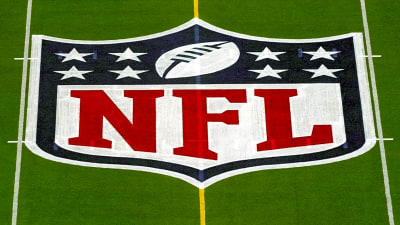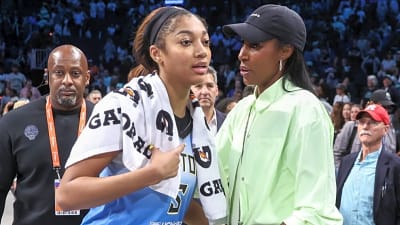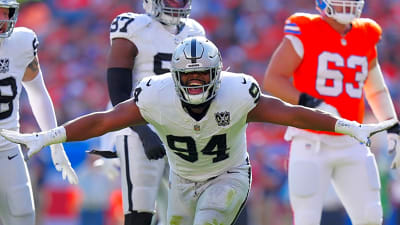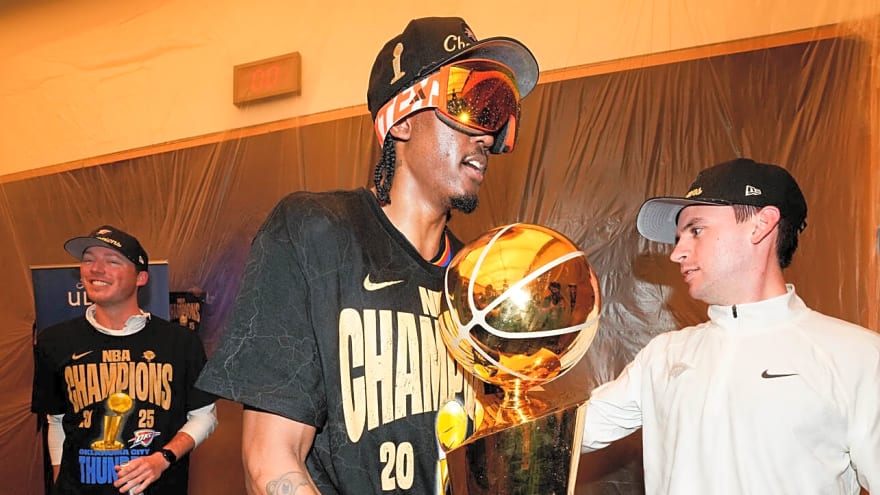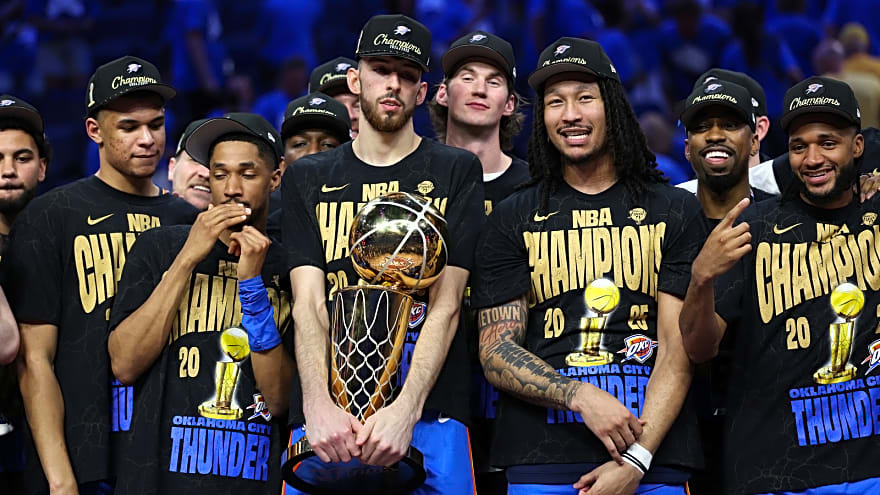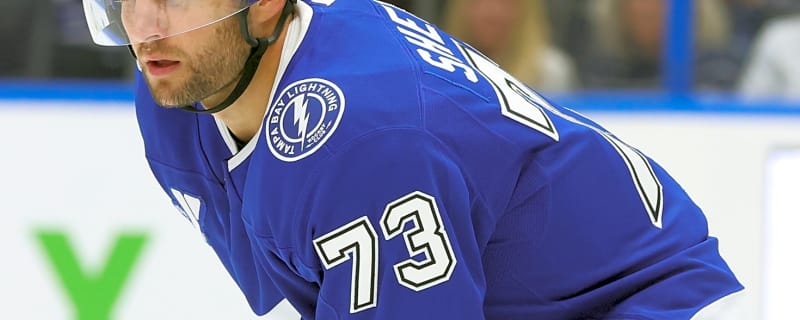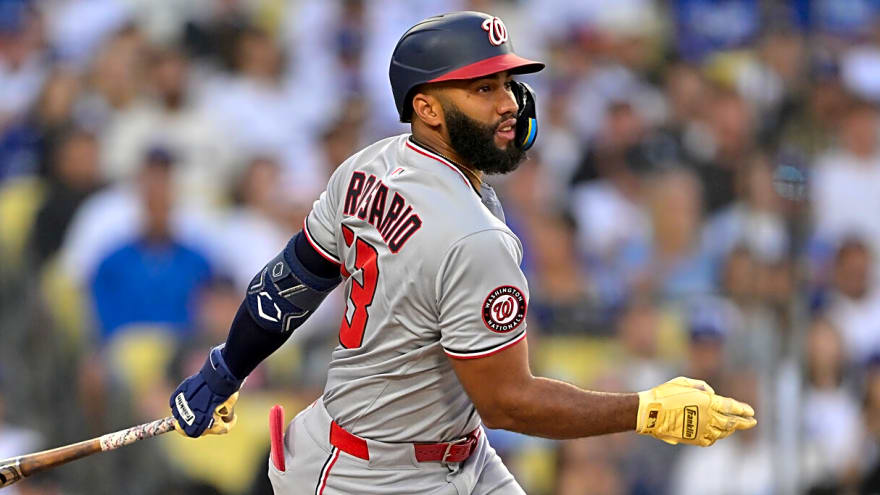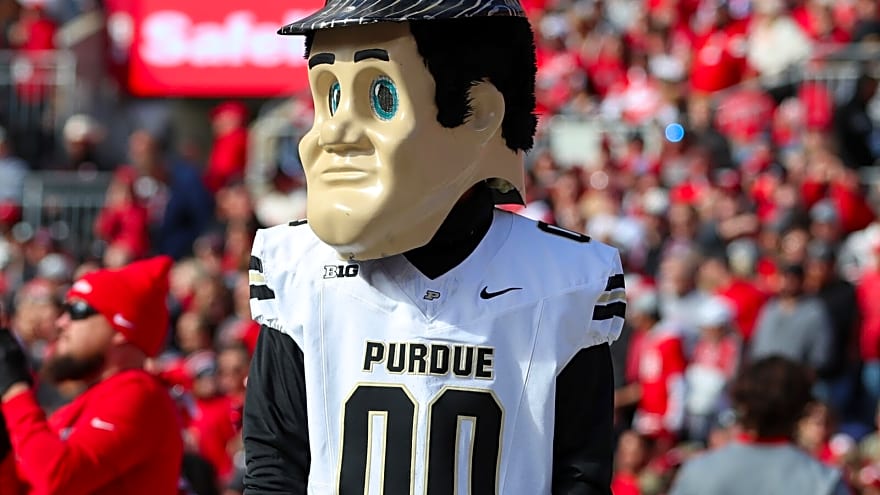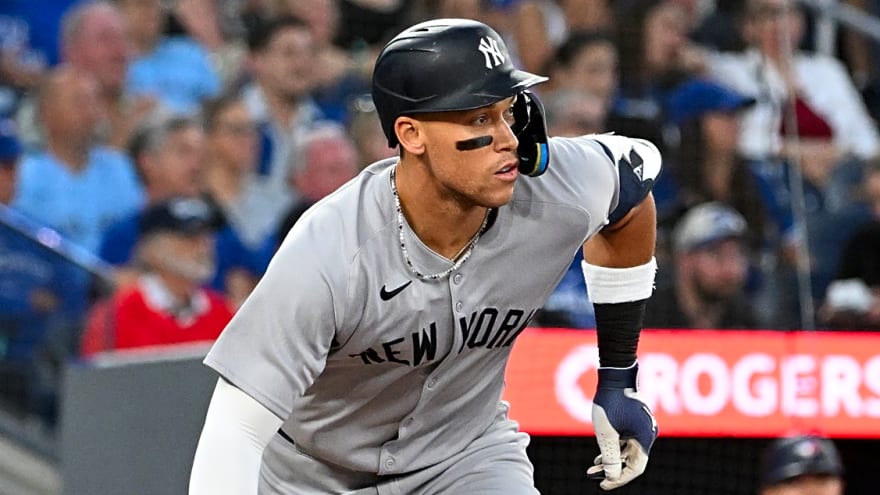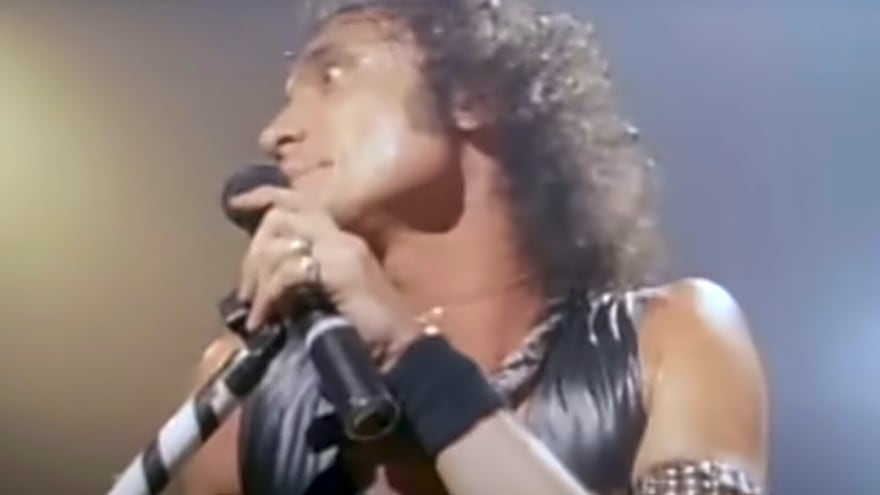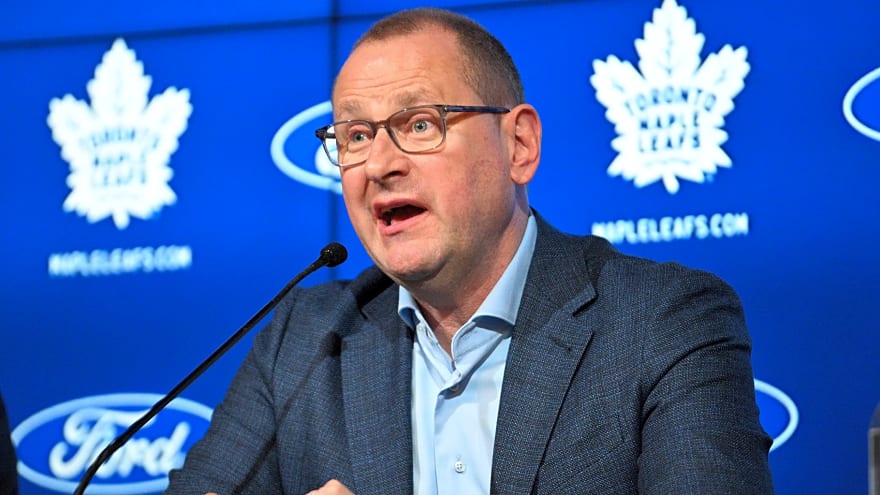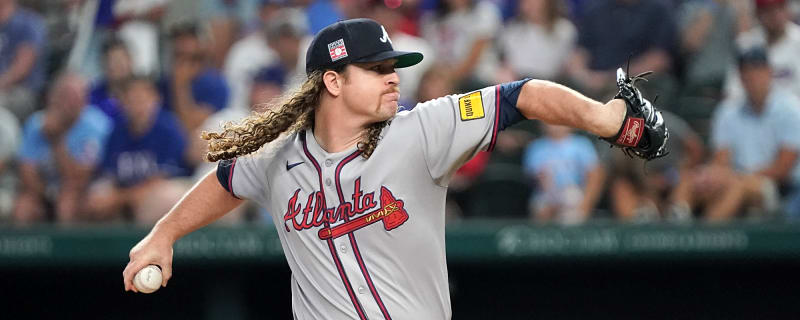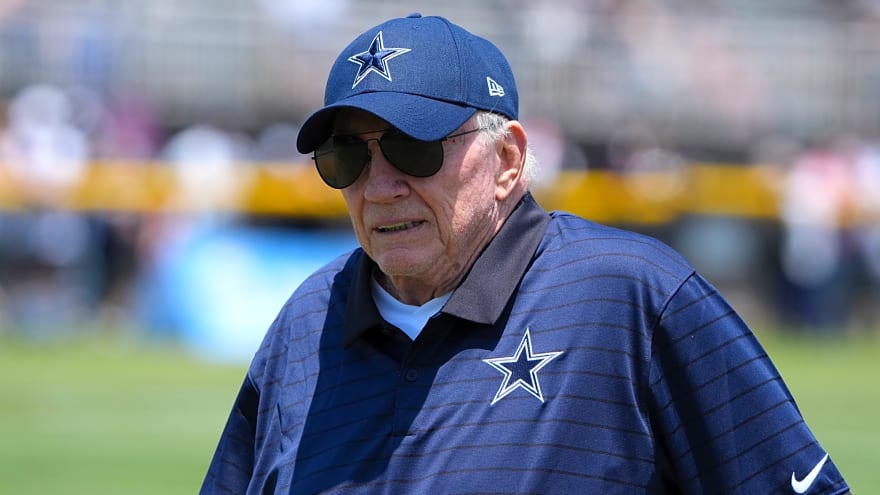
Kyrie Irving would 'retire' if Nets tried to trade him?
Brooklyn Nets superstar guard and one-time NBA champion Kyrie Irving can be an enigmatic figure, particularly as it pertains to his social media use, but Irving nevertheless seemed to commit at least his immediate future to his current employer via an Instagram post shared last month:
According to Nick Wright of Fox Sports, Irving is so serious about remaining in Brooklyn that he would consider retiring as an active player if the Nets try to trade him ahead of the 2021-22 season.
Some NBA news:
— nick wright (@getnickwright) September 15, 2021
There are a handful of Kyrie trades that potentially make sense for the Nets, Kyrie’s agents have made it known that Kyrie would simply *retire from the NBA* if Brooklyn were to trade him.
Irving and company failed to win the title for 2020-21 more so because of injuries than because of any off-the-court issues involving the 29-year-old and teammates such as Kevin Durant and James Harden, and there's little reason the Nets should want to break this "big three" up ahead of the fall months.
According to Ky Carlin of Sixers Wire, the previously mentioned Wright recently suggested the Philadelphia 76ers should offer All-Star guard Ben Simmons to the Nets for Irving.
"I know this won’t happen, but as someone who has shorted the stock of the Nets, and been right, telling you right now Ben for Kyrie, if personalities weren’t a thing, basketball-wise, makes so much sense for Brooklyn, makes them an overwhelming favorite in the East," Wright said at that time. "Overwhelming and maybe overwhelming favorite overall, but that’s not happening because of the relationships."
In short, the Nets likely wouldn't receive equal value for Irving, and Irving allegedly doesn't want to go anywhere.
Training camp is approaching, but the NBA "silly season" isn't quite finished yet.
More must-reads:
- Kyrie Irving explains viral 'my mask is off' tweet
- James Harden still not fully recovered from hamstring injury?
- The 'Every NBA MVP' quiz
Breaking News
Trending News
Customize Your Newsletter
 +
+
Get the latest news and rumors, customized to your favorite sports and teams. Emailed daily. Always free!
TODAY'S BEST

Warriors' Stephen Curry believes NBA players are 'underpaid'
Are NBA players underpaid? Golden State Warriors superstar Stephen Curry argues yes. The greatest shooter in NBA history said Thursday on Complex’s “360 With Speedy” that because the league’s current CBA doesn’t allow for current players to invest in league and team equity, players are leaving money on the table. “I would say, yes, we are underpaid,” Curry admitted when asked, despite enormous salaries, if the players were getting short-changed, “because you wanna be able to participate in that rise [of equity].” “It’s a partnership with ownership, [and] it’s a partnership with the league,” the 37-year-old stressed, revealing that league salaries do not reflect players’ impact on team valuations. If anyone has the right to begrudge the current CBA on player participation in equity, it’s Curry. When drafted in 2009, the Warriors were worth $315 million. Current valuations in May of 2025 have the team at $9.4 billion, the most in the league. Curry’s been paid handsomely during his time in Golden State, and he doesn’t overlook it. “I know we’re blessed to be in a position where we’re playing basketball for a living, and these are the type of checks that people are earning,” he told Complex. However, when he signed his $62.6 million one-year extension in 2024 that would keep him in a Warriors’ jersey until 2027, many felt that no amount of money the franchise could offer him would represent his worth. Curry had an undeniable impact on the Warriors’ valuation increasing by nearly 3,000%. He’s benefited by being the most salaried player on the roster and plenty of endorsement deals. But is he getting his fair share? Something similar may happen with reigning NBA Finals MVP and Oklahoma City Thunder guard Shai Gilgeous-Alexander, who just signed the richest contract in league history with an average annual value of $71.25 million. According to Forbes, the Thunder’s valuation increased 20% from 2023 to 2024 and will likely take another jump after this year’s championship. Curry concedes that player participation in equity isn’t a simple concept and not all markets are created equal: “You got competitive advantage considerations…and want every market to have a fair chance, like I get all that.” He believes, however, that finding a solution is a “mutually beneficial proposition” for players, teams and the league. Even the most expensive people in the world need to find other investors to make owning an NBA team possible. The best example of Curry’s point is the Boston Celtics sale in March. The most-championed franchise in league history was sold to Bill Chisholm for $6.1 billion, the largest ever sports franchise sale in North America at the time. Chisholm needed Rob Hale, Bruce Beal Jr., and private equity firm Sixth Street, to afford the purchase. Because team ownership is already a multi-investor operation, the league could potentially come to an agreement with the players by the next CBA negotiation at the end of the decade. If not, the league's best players will continue to simultaneously earn a ridiculous amount of money, and it will not be nearly enough.

New report suggests Christian Wilkins release related to 'incident' with teammate
There may be more to Christian Wilkins’ recent surprise release from the Las Vegas Raiders. NFL reporter Josina Anderson reported Saturday that "some sources believe an incident involving a teammate may have factored in-part into the Raiders' fatigue and release" of Wilkins. The nature of the incident is not clear. However, many believe the Raiders had a very good reason to move on from Wilkins considering the money they had invested in him. It also suggests the Raiders saw no alternative if they went straight to a release. Wilkins was dumped by the Raiders just one year into a four-year, $110 million deal. The Raiders suggested Wilkins failed to take rehab seriously as he tries to work his way back from a foot injury. Other teams do not appear to have the same concerns about Wilkins as the Raiders did, and he should find a new landing spot fairly easily. That is one of the reasons some suspect there is more to the Raiders’ decision than they are publicly saying.
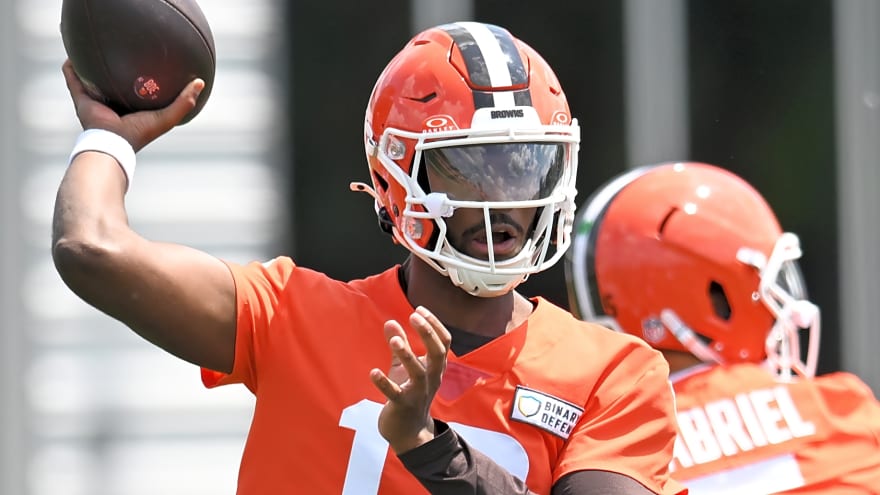
Browns make curious decision with rookie QB Shedeur Sanders
The Cleveland Browns are giving Shedeur Sanders special treatment in training camp, but it's not the type of favoritism the fifth-round pick would necessarily want. Per Daniel Oyefusi of ESPN, Sanders is the only Browns quarterback who has not been taking reps with the first-team offense during OTAs or the first two practices of training camp. Former Pittsburgh Steelers first-round pick Kenny Pickett, veteran Joe Flacco and rookie Dillon Gabriel have all split reps with the first team. Despite being asked to throw passes to members of the equipment staff amid a shortage of professional pass-catchers for a four-quarterback roster, Sanders said he's thankful for the opportunity to show the Browns coaching staff his talents. "I feel like that it's not in my control, so I'm not going to think about that or even have that in my thought process of why it is," Sanders said to a question as to why he's not getting first-team reps. "There's a lot of people who want to have the opportunity to be at this level, and I'm here and I'm thankful to have the opportunity. So, whenever that is, that is." Sanders, 23, believes that he can contribute more to the Browns than what the coaching staff is asking of him. "It doesn't make me feel down or left out because I know who I am as a person," Sanders said. "I know who I am as an individual and I know what I could bring to this team. So, I can never feel less than any circumstance." The Browns selected Sanders with the No. 144 pick in April's draft. As a player whom many draft analysts thought was a first-round talent, Cleveland took what could be the steal of the draft in the fifth round. It's curious why the Browns aren't giving Sanders a shot with the first team early in training camp before the quarterback race becomes more serious. Cleveland should see what Sanders has to offer this summer. Flacco, 40, isn't a long-term solution at the position. Pickett failed in Pittsburgh. The Browns need to gauge what rookies Gabriel and Sanders can do with the first team. Having Sanders throw balls to the equipment staff is a waste of everyone's time. But then again, Cleveland has wasted plenty of quarterbacks.
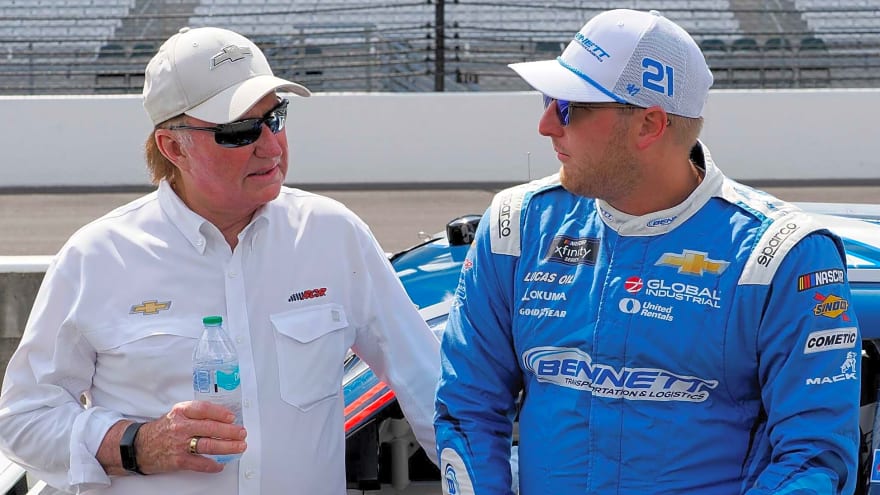
Richard Childress addresses idea of suspension for Austin Hill
Richard Childress is standing by his driver after a controversial move in the closing laps of Saturday's Pennzoil 250 at Indianapolis Motor Speedway. Austin Hill, driver of the No. 21 Chevy for Richard Childress Racing, appeared to hook Aric Almirola on Lap 91 after Almirola had gotten Hill loose in the previous corner. In recent years, NASCAR has set a precedent that right-hooking a fellow driver at speed is grounds for a suspension, though their failure to do so with Austin Cindric at COTA in March or with Austin Dillon at Richmond in August 2024 drew scrutiny. Unsurprisingly, Childress doesn't think Hill should have to sit out the Aug. 2 race at Iowa Speedway. "Hell no," Childress said when asked if he believed Hill should have to sit for a week. "They didn't do a damn thing to the 2 car (Cindric) when he wrecked Ty (Dillon, Childress' grandson) and admitted to it, drove him in the right-rear and wrecked him at COTA. It's who you are. We're a blue-collar team, they (NASCAR) give us trouble all the time." Hill was given a five-lap penalty for reckless driving and finished the race in 34th.
